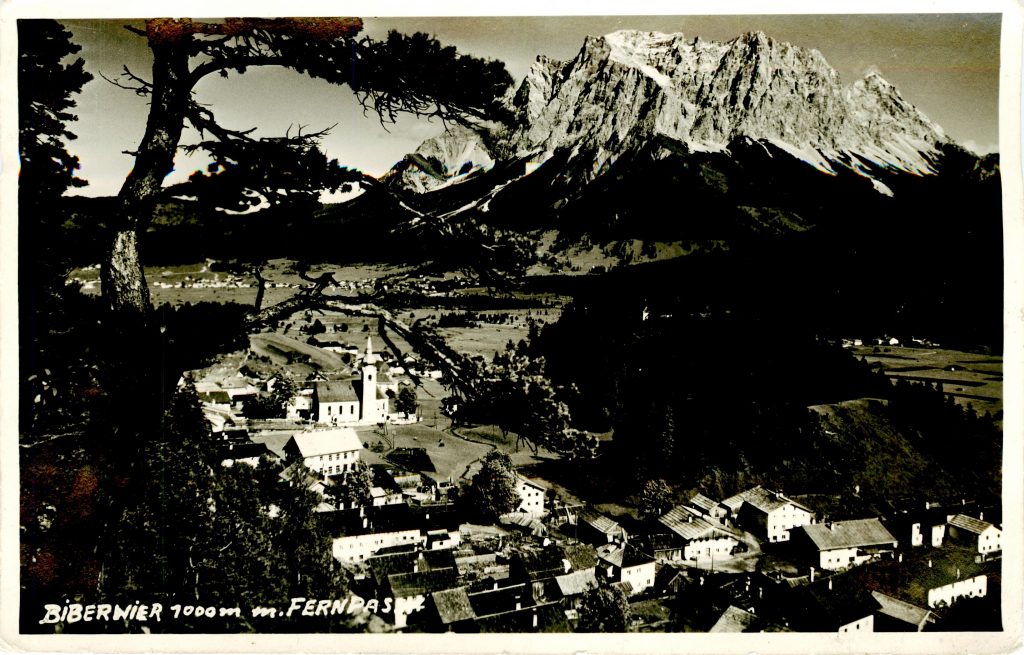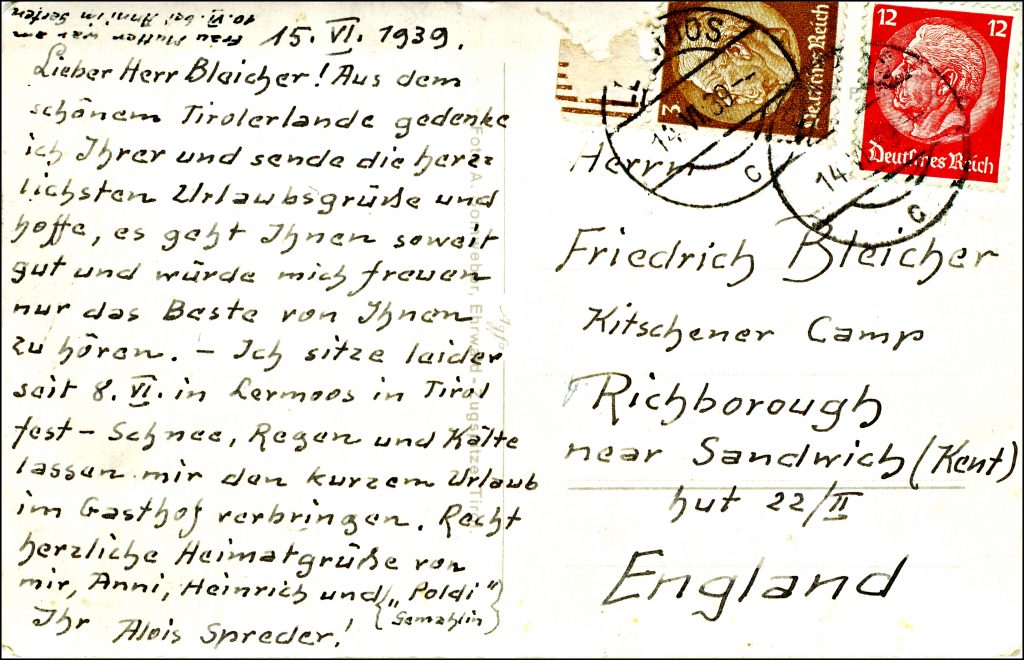Born: Vienna, Austria, 30 December 1910
Profession in country of origin: Furrier
Arrived in Britain as a refugee from Austria on 5 June 1939
Documents
Male enemy alien - Exemption from internment - Refugee Surname: Bleicher Forename: Fritz Alias: - Date and place of birth: 30/12/1910 in Vienna Nationality: German Police Regn. Cert. No.: 712 520 Home Office ref: C 2004 Address: Kitchener camp, Richborough, Sandwich, Kent Normal occupation: Furrier Present occupation: Agricultural worker in camp Name and address of employer: - Decision of tribunal: Exempted "C" & 9A Date 12/10/1939 Whether exempted from Article 6(A): Yes Whether desires to be repatriated: No Tribunal District: Richborough Camp Tribunal 4
Source: National Archives, Home Office: Aliens Department: Internees Index, 1939-1947
Editor’s note: We are not allowed to reproduce National Archives (UK) images, but we are permitted to reproduce the material from them, as shown above.
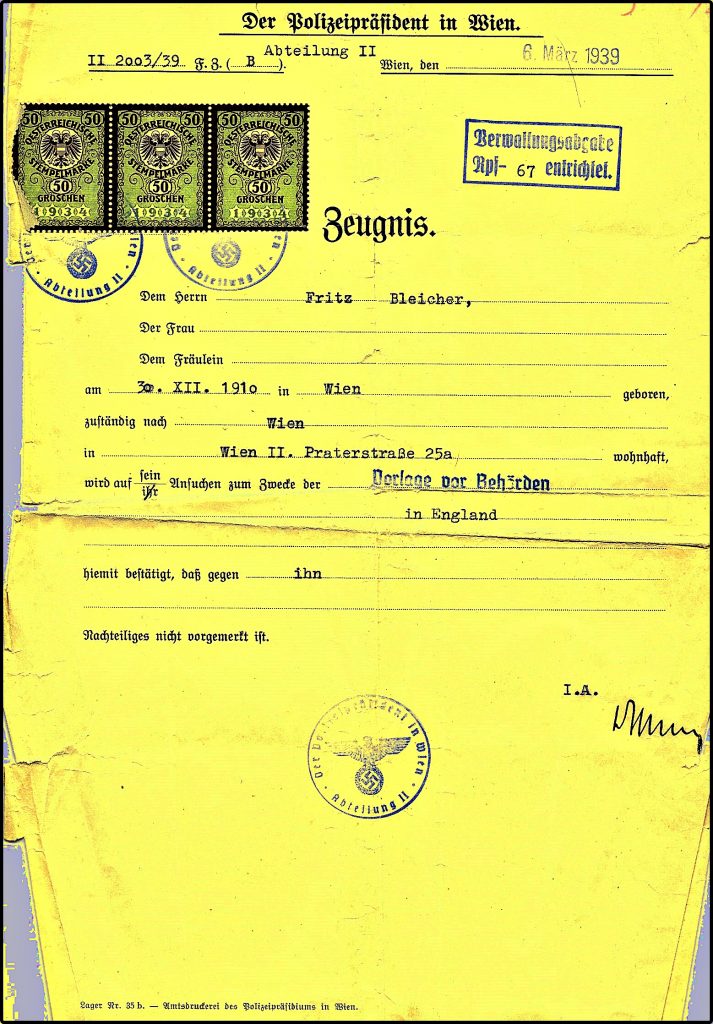
Certificate from the Chief of Police in Vienna granting Fritz Bleicher permission to travel to England The Police Chief of Vienna March 6, 1939 Testimony Fritz Bleicher Born December 30, 1910 in Vienna Residing at Praterstrasse 25a, Vienna
Kindly translated by a Kitchener descendant
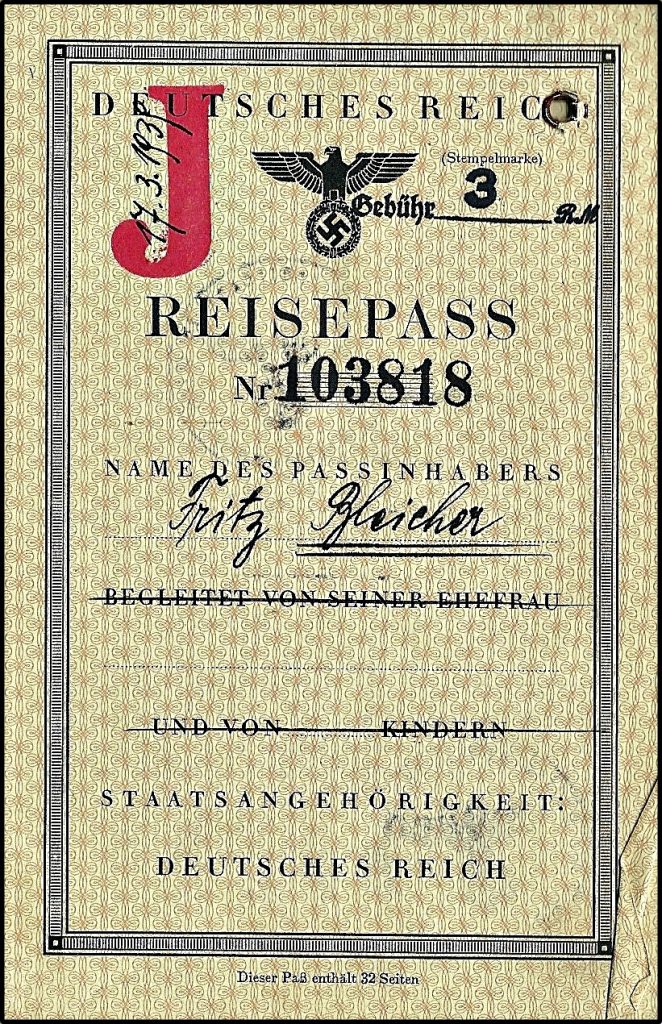
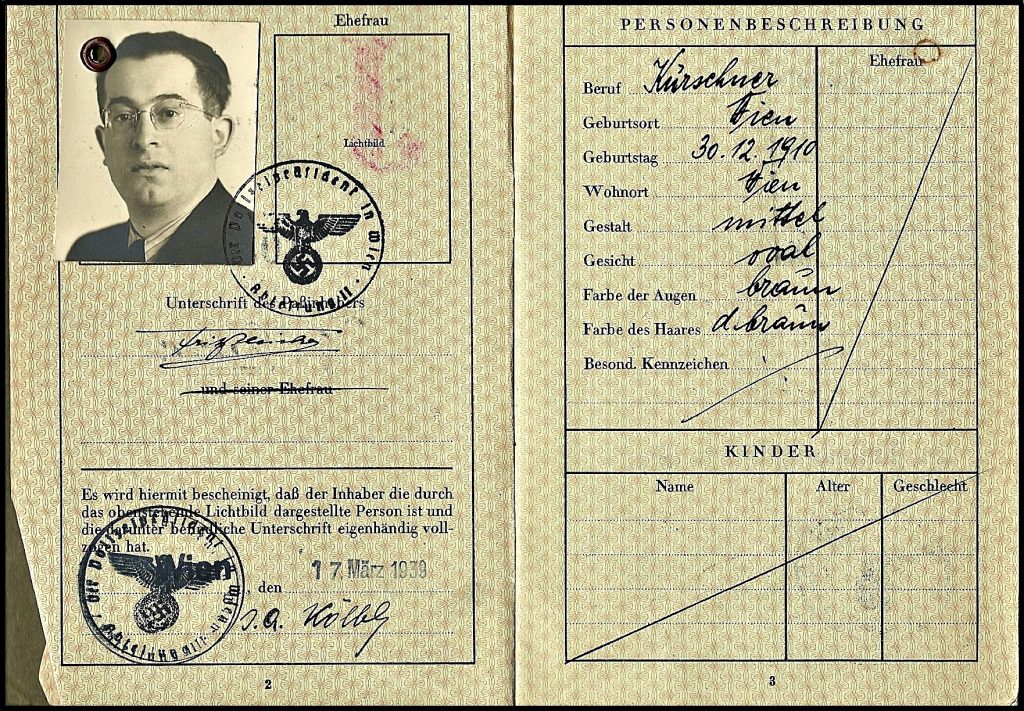
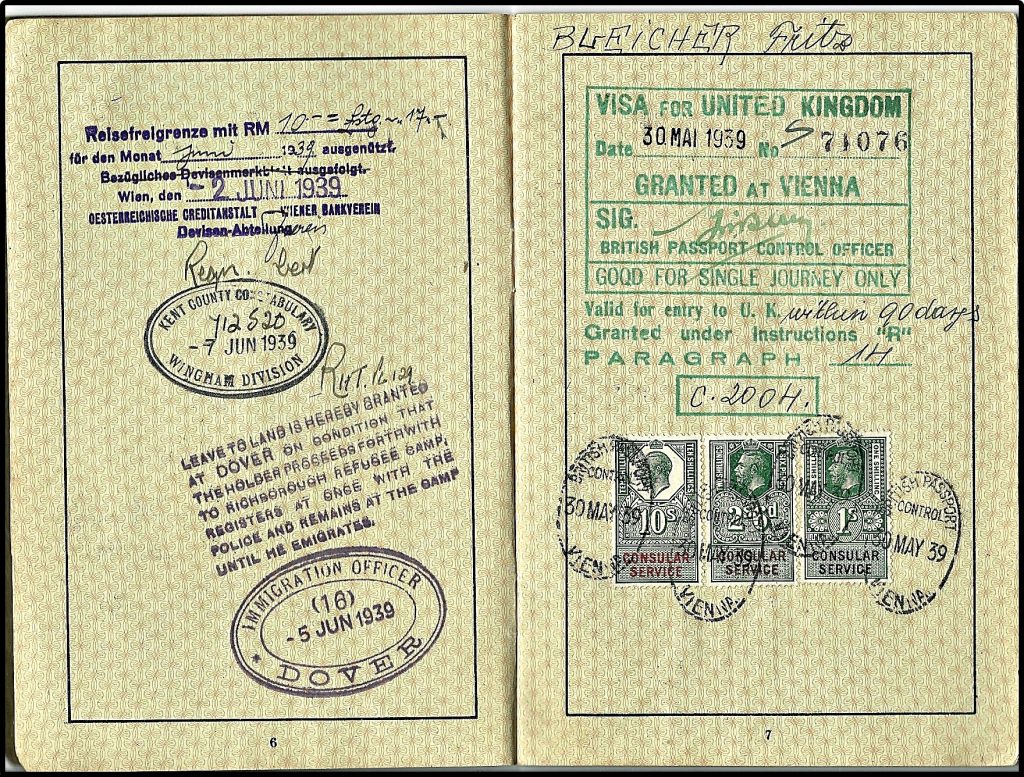
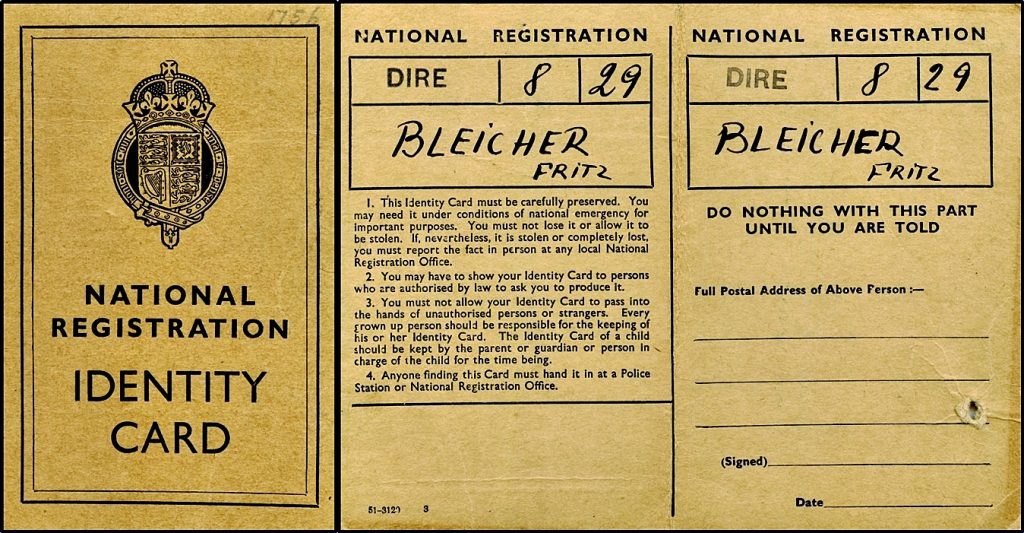
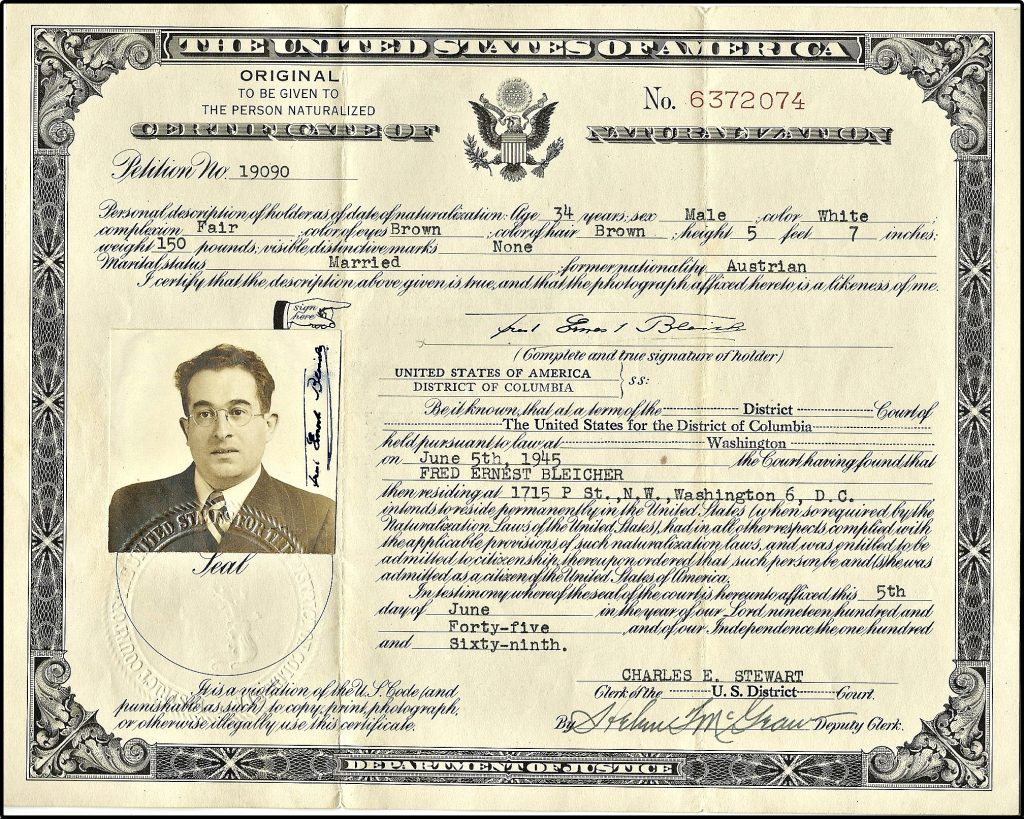
Letters
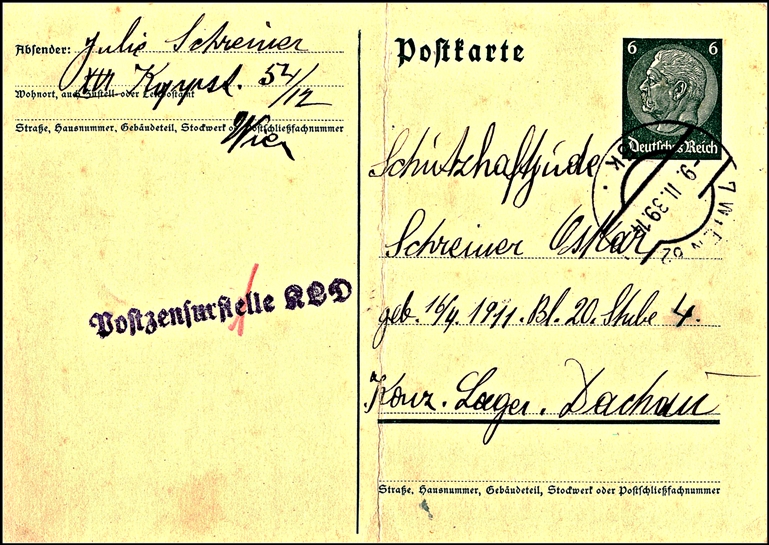
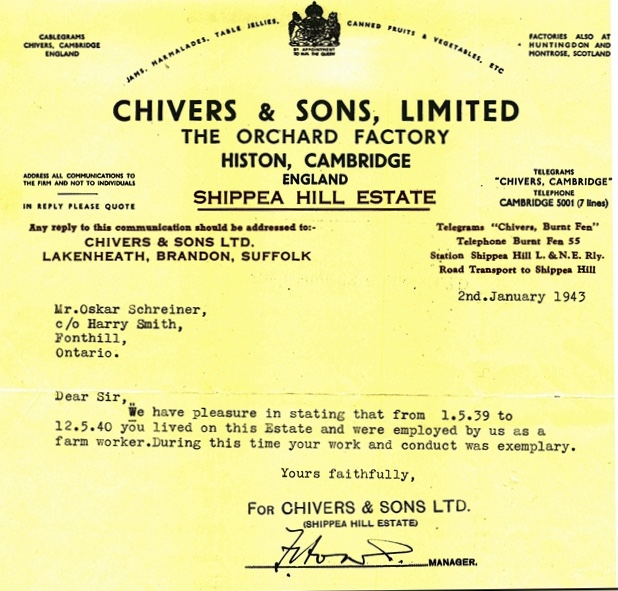
Photographs
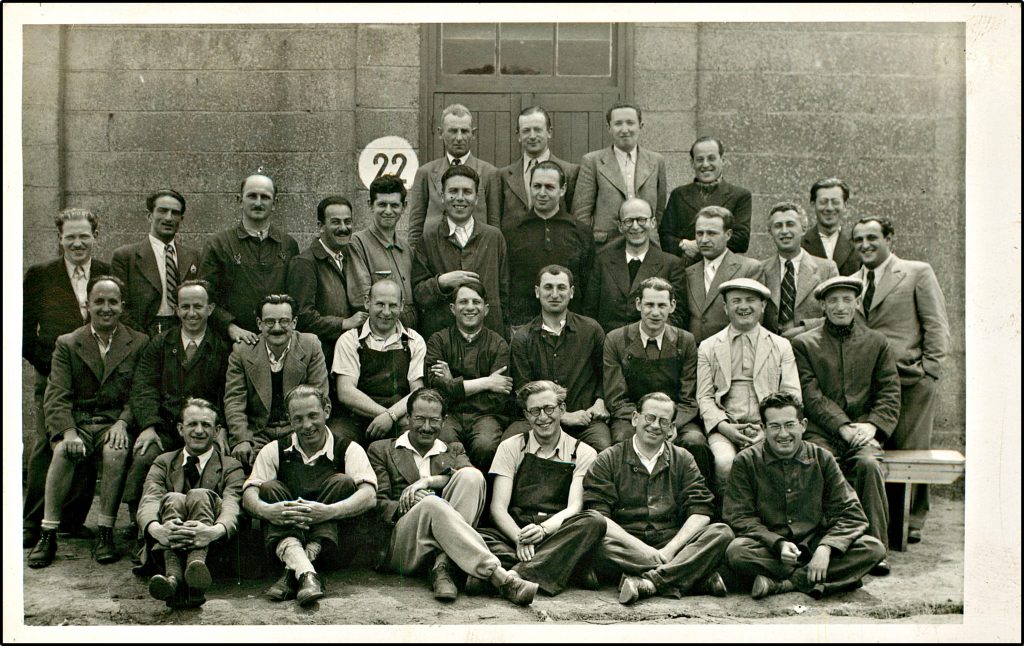
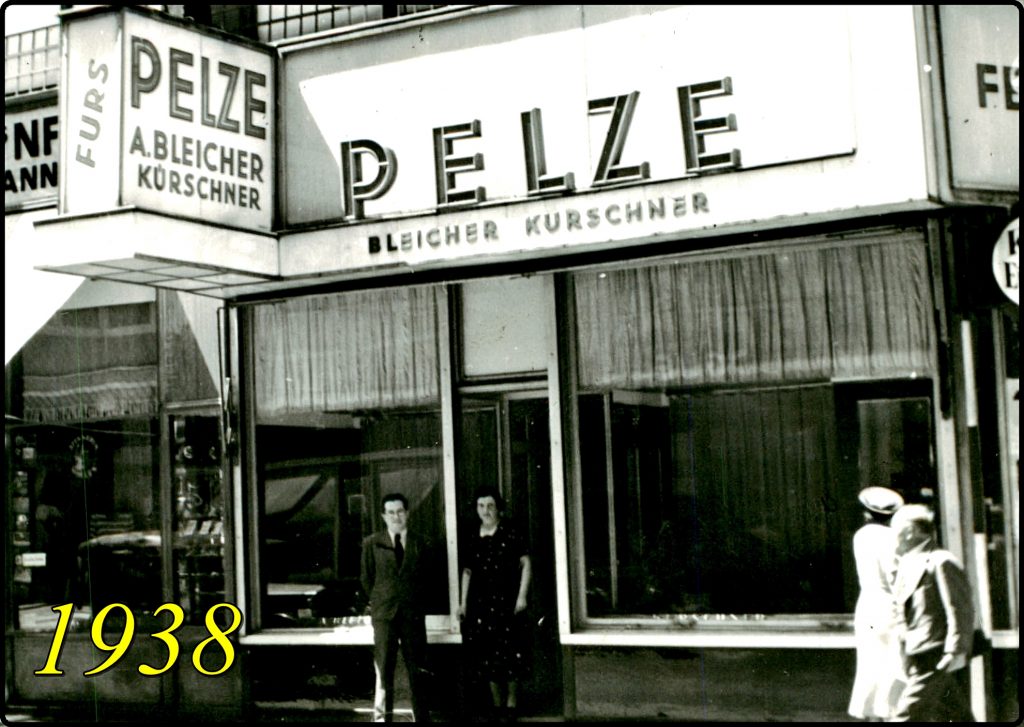
The store shown above was owned by Fritz’s father Abraham Bleicher who died in 1938.
According to family letters, Fritz’s mother Adele died in 1941 in a concentration camp in Riga, Latvia
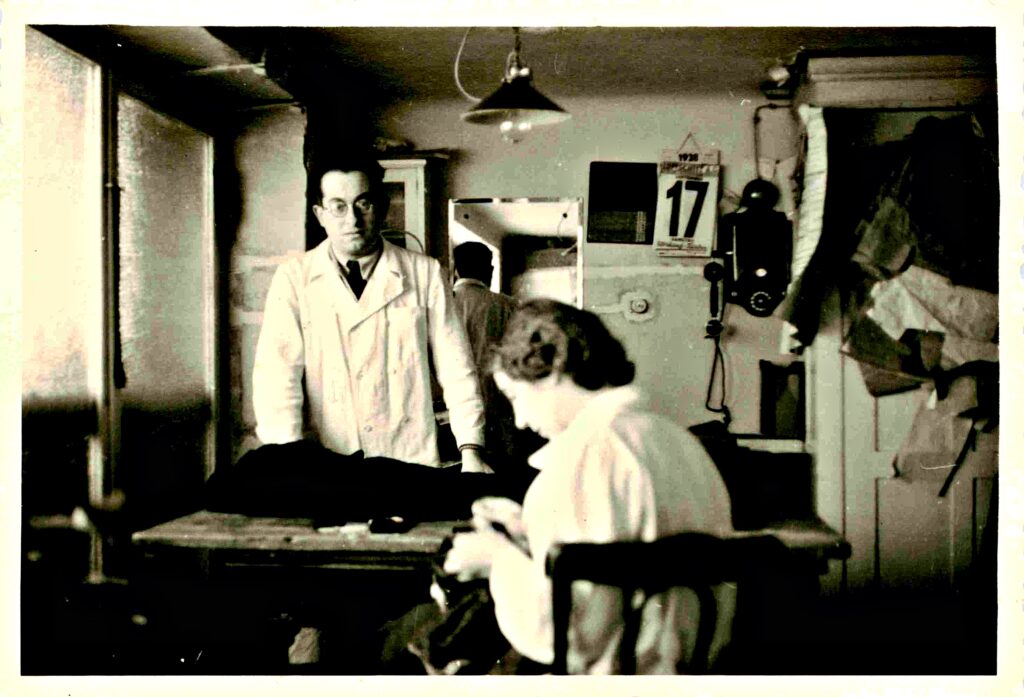
Memories
Fritz was born on 30th December 1910.
He was a furrier (Kurschner).
Fritz arrived at Dover on 5th June, 1939, and left Kitchener camp in March 1940.
He then emigrated to America and married Herta Naginsky, a Viennese refugee, in 1942. He became a US citizen in 1945, and had his name changed to Fred. Fred and Herta lived in the Washington DC area and worked at the well-known Woodward and Lothrup department store.
Fritz Bleicher changed his name to Fred in 1945 when he became a US citizen.
Fritz and Herta enjoyed listening to classical records and exploring Virginia’s Blue Ridge Mountains, grateful to be living a life that was so different from the dangers fate had presented them.
Fred died of cancer in 1963 when I was 10 years old. He was taken to St Paul, Minnesota, for burial.
Herta moved to St Paul to be with her sister Lola and her brother-in-law Oskar Schreiner.
Herta and Lola had fled Vienna in October 1939. Their parents emigrated from Vienna to St Paul in March 1939.
My father, Oskar, was also a refugee to Britain. After Kristallnacht (in Vienna) and imprisonment in Dachau, he worked at Chivers & Sons, Lakenheath. He was interned in 1940 on the
Isle of Man, and was then deported overseas for internment in Camp L in Quebec, Canada, via SS Ettrick. He then moved to Minnesota, where he lived a robust life to age 102.
Oskar was interviewed for the USC Shoah Foundation project.
He went from Dachau to Sedge Fen, England, then to Huyton near Liverpool, then to the Isle of Man, and then to an internment camp in Quebec, Canada. Finally, he came to Minnesota.
Kindly submitted by Irwin Schreiner – Fritz Bleicher’s nephew

